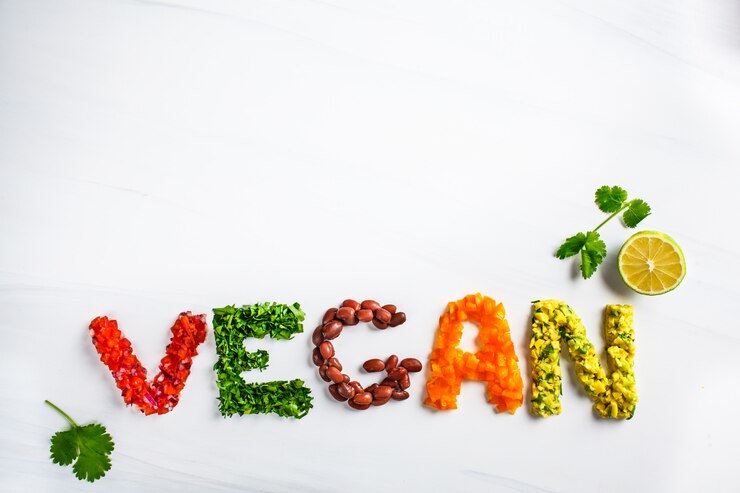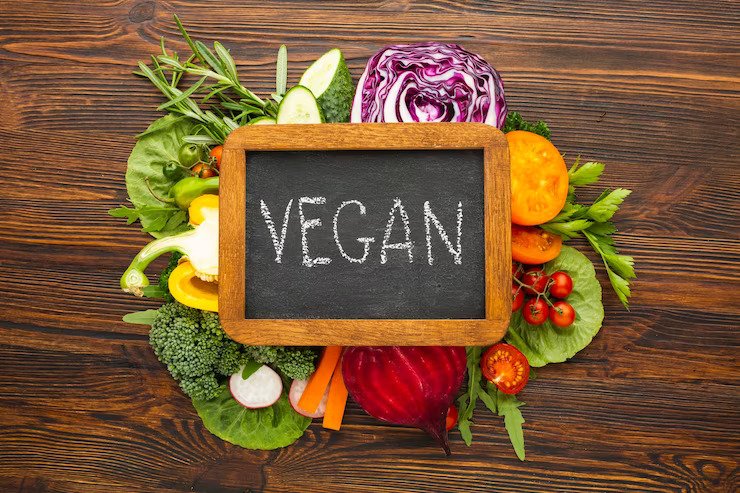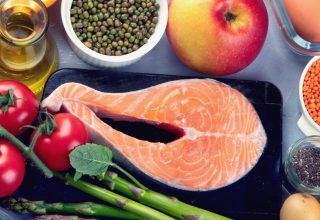The Ultimate Guide To Vegan Diet For Weight Loss
A vegan diet can help you lose weight if you stick to it. However, knowing what you should eat and how much is important.
There are several nutrients to pay attention to, including iron, calcium, vitamin D, and omega-3 fatty acids. In addition, you should avoid high-calorie foods like avocados and nut butter.
Contents
Protein
Vegan diets may provide more nutrients than other diets but can also be high in calories and contain hidden fats. Many people who follow a vegan diet experience weight loss challenges. Some become deficient in certain nutrients, like vitamin B12, causing anemia. Others experience yo-yo dieting, where they lose and gain weight repeatedly.
In addition to avoiding meat, seafood, and dairy, a vegan diet includes a variety of fruits and vegetables, legumes, whole grains, nuts, and seeds. These foods provide fiber, vitamins, minerals, phytochemicals, and antioxidants.
Vegans must eat complementary proteins at each meal to get all the essential amino acids. This means eating beans and grains at the same meal or combining foods rich in different amino acids (like spreading beans on toast with a salad with quinoa). Taking vitamin B12 supplements is also a good idea.
Fiber
While a vegan diet can help with weight loss, it also has a higher risk of nutrient deficiencies. That’s why it’s important to plan your meals accordingly and use food swaps when necessary.
The best vegan diet weight loss is nutrient-dense and low in calories. This means avoiding processed junk foods and eating whole foods like vegetables, fruits, legumes, nuts, seeds, and whole grains.
Protein is an especially important nutrient for vegans. This is because it takes more energy to digest protein than fat or carbohydrates, so it helps you feel full longer. Plus, it helps preserve muscle mass while you’re losing weight. Protein-rich foods include legumes like lentils, chickpeas, tofu, tempeh, nuts, and seeds. In your diet, look for these alongside lean proteins, such as chicken and fish.
Fats

Vegan diets are lower in saturated fat and provide many beneficial monounsaturated and polyunsaturated fats. These healthy fats are important for heart health, help regulate blood cholesterol levels, and promote a healthy weight.
When people choose a vegan diet, they’re often looking for healthier ways to lose weight. They may be surprised to learn that a well-planned vegan diet can be a healthy way to lose weight.
The key to healthy weight loss is a balanced diet, and the best vegan diet plan should include lots of whole foods, including vegetables, fruits, grains, nuts, seeds, and legumes. People should also avoid processed vegan foods, which can be just as unhealthy for us as animal products. Also, avoiding extremely low-calorie diets is important, which can harm our health.
Vitamins
Vegans need to make sure they get enough vitamins and minerals, too. That includes eating whole foods like fruits, vegetables, nuts, and seeds – and avoiding things like juice (which strips the fiber from fruit) and fast food.
Vitamin B12 is a harder nutrient for people who avoid meat, but it can be found in some plant-based foods, such as nutritional yeast and tempeh. Getting enough calcium is also important, as it supports strong bones and helps prevent osteoporosis. Veganists can find calcium in leafy greens, beans, nuts, and fortified products like cereal and milk alternatives. Iodine is another nutrient vital for thyroid health and brain development and can be obtained through iodized salt and seafood.
Minerals
Eating a vegan diet high in whole foods can provide all the minerals needed to thrive. This includes zinc from legumes, whole grains, and nuts; iodine from seaweed, mushrooms, and potatoes; calcium from leafy vegetables like cooked kale, collard greens, and dairy alternatives; and iron from dark, green, red, and yellow vegetables and beans.
People new to a plant-based diet may want to check in with a dietitian to ensure they get all the necessary vitamins and nutrients. Creating a calorie deficit is key for weight loss, but very low-calorie diets are not recommended and can cause health concerns. People who eat plant-based diets have a lower risk for obesity, type 2 diabetes, high blood pressure, and heart disease.
Read Also:
- Weight Loss-The Perfect Way to Boost Your Testosterone Levels
- Expedite Weight Loss: Here are the tricks Laxatives can offer
- Why you should consider cardio for weight loss?



